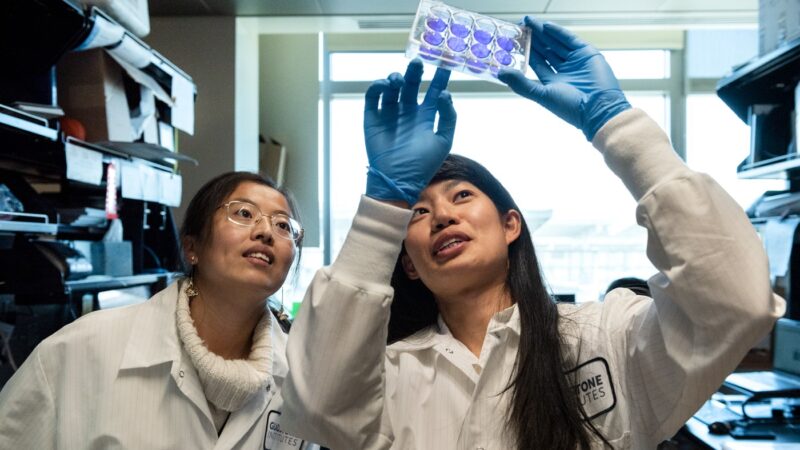
Researchers at Gladstone Institutes and UC San Francisco (UCSF) have discovered in a study that bromodomain and extraterminal (BET) proteins are vital for the body to fight Covid-19 infection.
The research also found that BET proteins play two distinct roles in affecting how the SARS-CoV-2 virus interacts with human cells.

Discover B2B Marketing That Performs
Combine business intelligence and editorial excellence to reach engaged professionals across 36 leading media platforms.
They provide the virus with a pathway into cells while aiding cells to defend themselves.
Gladstone Institutes senior investigator and UCSF Quantitative Biosciences Institute director Nevan Krogan made a detailed map in 2020 displaying which proteins of the virus directly interact with which proteins in infected human cells.
On examining the map, a pairing was observed where the virus’s envelope protein was found to bind to BRD2 and BRD4, the two members of the BET proteins family.
Furthermore, researchers found that one of the genes turned on by these BET proteins is ACE2, the same protein that the virus depends on to get into cells.

US Tariffs are shifting - will you react or anticipate?
Don’t let policy changes catch you off guard. Stay proactive with real-time data and expert analysis.
By GlobalDataIn the latest study, Gladstone graduate student Irene Chen and the team found that the BET proteins switch on genes that block viruses, in SARS-CoV-2 infected cells.
This property is apart from turning on the ACE2 gene, which aids the virus in entering human cells.
On blocking BRD4 in Covid-19-infected mice, the symptoms of the mice worsened and progressed to severe disease.
These findings indicated that BET proteins have a vital role in enabling and combating Covid-19.
A close look at the virus also showed that the envelope protein has a small region that looks like human histones, which are protein complexes seen along DNA.
In addition, the team revealed that the virus could engage the BRD4 protein at the cell nucleus periphery by imitating the histones that BET proteins attach to. This, consequently, hindered BRD4 from activating antiviral genes.
The latest results show that current therapies that hinder all BET proteins at the same time are unlikely to be effective for Covid-19, at least in infected patients.
It was established in the study that various BET proteins play distinct roles in the infection cycle and could lead to the development of therapies that act on particular BET proteins or their parts in the future.
Gladstone Institute of Virology director Melanie Ott said: “It’s clear from our results that the BET drugs currently available are not suitable for Covid-19.
“But certain elements of these drugs could be adapted for future drug development.”




